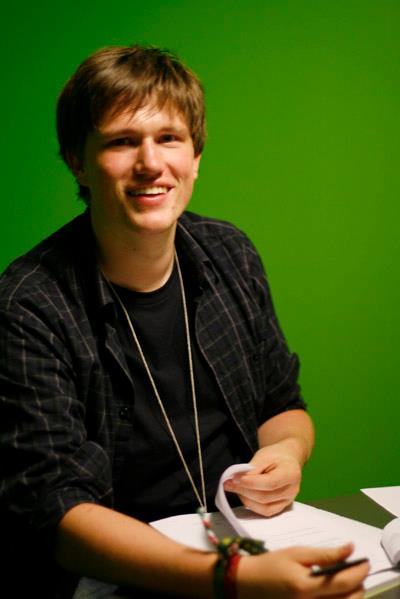 |
by Gert Willems, Board of European Students of Technology
Preparing the next generation. Changing board members happens in every organisation, however in BEST, Board of European Students of Technology, it is done on a yearly basis. Preparing the next generation has therefore become one of the biggest tasks of the acting board. Our knowledge transfer method for the International Board has been developed and optimised throughout many years, is continuously evaluated and adjusted.
Our management is called the International Board, is unpaid and currently consists of seven people. Each board starts its 1-year mandate on 1st July, barely two months after its election at the General Assembly. Given that a mandate is only 12 months, two months might seem like a long period. However, after this period the board, being only somewhat experienced, has to be ready to lead the entire organisation. Further, given the common need to wrap up educational obligations (e.g. finishing exams or writing a master thesis), this is actually a short time.
And so there is no delay: the Knowledge Transfer process starts the very next day after elections. During a two day event, added to our General Assembly, the newly elected board is given a first introduction to the organisation and the work- and year flow of the International Board.
A few (1-3) weeks later, the “Board Training” is organised. This week-long event gathers the members of the new and old International Board, usually coming from different European countries. The first three days the new board is in isolation having its teambuilding.
During the knowledge transfer part, the new board is presented a complete overview of the history of BEST, highlights and downfalls included. This is important because it helps to understand the current situation and see the limits of the organisation. Such knowledge is more often than not new for the members. Additionally, they are given an update on each aspect of the organisation, including how to comply with legal obligations.
The Board Training finishes with putting their newly acquired knowledge to the test during a four hour case study. This case study was designed to simulate the work that a board usually has to do and uses real life cases.
After the board training, the period of “job shadowing” starts. The new board is added to the mailing lists to observe the old board working. It is also given access to the Board Archive on the intranet. This is a collection of selected documents relevant for the job.
Finally, the “Personal Knowledge Transfer” is arranged as the last direct interaction between old and new board. Each member of the board will meet his/her predecessor and spend a few days (2-4) together. They discuss every aspect related to their position in full detail and also discuss future work/developments.
After those two months, the new board is ready to start its mandate. However, the knowledge transfer doesn’t stop there. Throughout the entire next year, the members of the previous board(s) are available to help and offer advice whenever needed. This is not so much a regulated aspect as it is a commitment of the previous board(s).
The latter might prove the hardest aspect of our Knowledge Transfer to implement in your organisation. It requires a dedication of ex-members of the board to follow the organisation well beyond their mandate year (up to 4-5 years for some cases), just at a time when the first full time job requires full attention. Also, one has to accept the fact that his/her mandate is definitively over and learn that giving advice is not the same as making the decision.
This entire process in the end relies on the will of the previous board to help the new board prepare for its mandate at a high level. The major motivation here is often that this is precisely what their own predecessors sought to do for them. And so this knowledge transfer process has remained intact, for the good of the organisation.
Theknowledge transfer process described briefly above is just one part of an extensive range of working methods aimed at maintaining good “Knowledge Management” in our organisation, run for and by Technology Students.
Further reading and notes:
In 2012-2013 we had a project to enhance knowledge management related working methods in our organisation. During the UIA Roundtable in Dublin (November 2014), a presentation related to this project was given. It highlights the case of retaining the knowledge gained during that project.
During the project the following books were used:
The New Edge in Knowledge: How Knowledge Management Is Changing the Way We Do Business
Working Knowledge: How Organizations Manage What They Know
Learning to Fly: Practical Knowledge Management from Leading and Learning Organizations
Ir. Gert Willems
Member of BEST 2009-2015.
Vice-President for Local Group Support in the International Board 2012-2013.
Currently engaged as Marie Curie Fellow in the RAPID ITN (PhD Student in Ruhr-University Bochum).
Speaker at the UIA Associations Round Table, 13-14 Nov 2014 in Dublin.
Board of European Students of Technology
www.BEST.eu.org